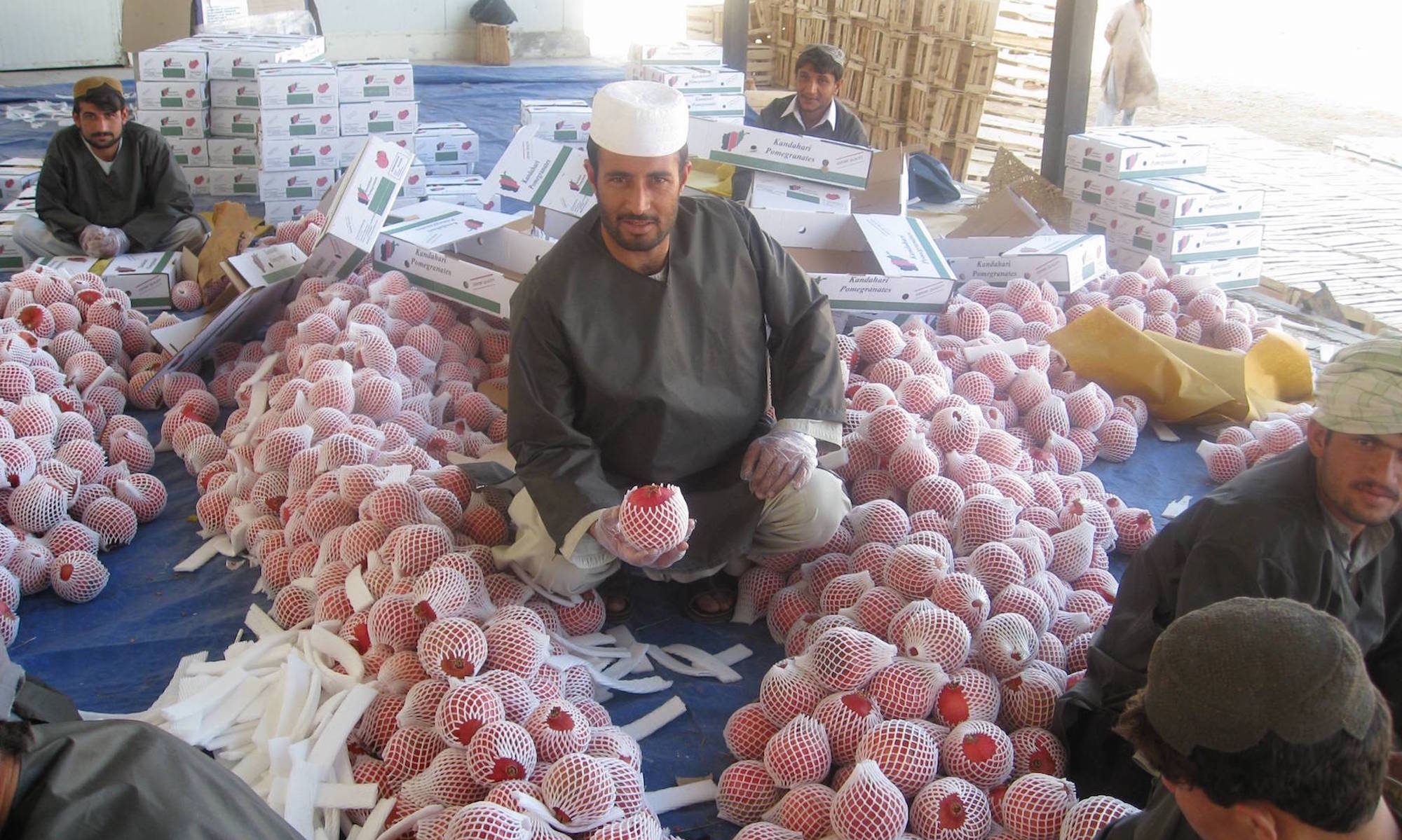Countries that have been through transition find themselves faced with the task of (re)building political, economic and social stability. One of the main areas of concern for countries that have experienced some form of conflict on the path towards democracy (like South Africa) is the disarmament, demobilisation and reintegration (DDR) of former combatants. DDR programmes have been developed and implemented across the continent. According to President Ahmad Tejan Kabbah of Sierra Leone (Harsch, 2005), long-term stability depends on the existence of a comprehensive DDR programme. In reality, however, these programmes tend to fall short of being comprehensive. In countries where aspects of the DDR process were poorly managed, such as South Africa, the effects are still being felt today. According to Everatt & Jennings (2006), the demobilisation process in South Africa was riddled with difficulties. Many ex-combatants were not included and the process was characterised by several administrative problems. They go on to describe the process as “a complete mess” (2006, p.21) and suggest that due to this it is not surprising that many ex-combatants continue to strugglle. The project aims to empower ex-combatants to engage in policy dialogue with key stakeholders on addressing their psychosocial needs. This will be achieved through facilitating their engagement in evaluating and identifying gaps in the psychosocial services available to them.

INSCT Postconflict Research Database
The Institute for National Security and Counterterrorism's Postconflict Research Database & Analysis Project stores cross-indexed bibliographic information on hundreds of journal articles, books, book chapters, and case reports that address the broad, interdisciplinary fields of postconflict reconstruction, stabilization, and peacebuilding.
47 Replies to “Restoring Dignity: Current Psychosocial Interventions with Ex-Combatants in South Africa: A Review, Discussion and Policy Dialogue Project.”
Comments are closed.